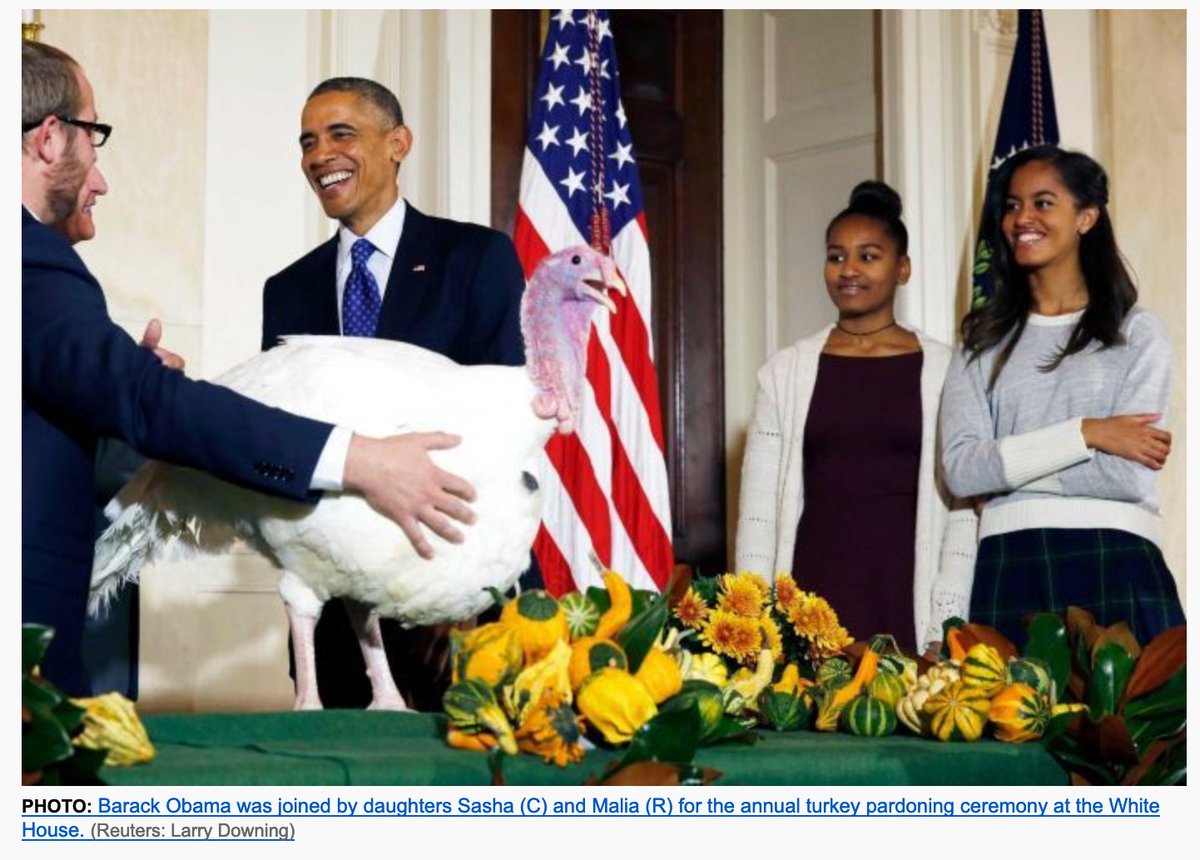Question: What do the following three scenarios have in common? (Warning: a long tweet thread about #orgtheory and #econsociology ahead…)
Scenario A. Congrats, you’re turning 65 years old, and you are eligible for Medicare; you must select health insurance by choosing among traditional Medicare and HMO plans. You also need to choose insurance that will cover your current or anticipated prescription medications.
Scenario B. Congrats, you’re getting ready to enter high school! You are a student at a NYC public middle school. Since students are not automatically assigned to public high schools, you and your family must choose from among 750 programs and rank order your choices.
Scenario C. Congrats, you have amassed wealth. But, your mattress is bursting, and you distrust regular banking. You worry about your family having unfettered access to your financial legacy. And, you have a few relationships that other family members don’t (yet) know about.
Answer: What scenarios A, B, and C have in common: most likely, you’ll need what I call “bounded relationality” to assist you with entering complex markets and making exchanges.
The bounded relationality concept combines two theories: #economicsociology’s relational work by Viviana Zelizer, @professorwherry, and @bandeljnina and Herbert Simon’s theory about how organizations compensate for people’s bounded rationality, or decision-making difficulties.
During several years of my research on organizations that support older adults, I observed workshops and meetings for organizational representatives and professionals, including social workers, on topics such as how to select Medicare insurance plans.
At one of these workshops, a representative from the Centers for Medicare & Medicaid Services, described officials’ hopes that families would discuss prescription plans: ‘We tried to say, “Talk with your family about [Medicare] Part D over Thanksgiving dinner”
So basically, this means that Sasha and Malia should eventually brooch the merits of different health plans with Obama when he turns 65. Hopefully this turkey will make it, too.
This comment about family discussions revealed how much the market relies upon relational work, or connections formed and sustained with other persons (Zelizer 2012) and organizations.
Using observations of US governmental, advocacy, and human service organizations’ (GAHSOs) talks, I show how these intermediary organizations endorsed “bounded relationality” when teaching conventions for participating in the market of social insurance.
My resulting Socio-Economic Review article examines how intermediary organizations enable and encourage the use of both layperson and expert bounded relationality so that consumers can make exchanges.
I also show how to apply bounded relationality to other aforementioned markets, using Brooke Harrington& #39;s ethnographic and interview research on #wealthmanagement and @CSattinBajaj et al’s research on #schoolchoice.
Want to read more about bounded relationality? Here’s the linked abstract for my advance, online first publication, in Socio-Economic Review (SER), the flagship journal for Society for the Advancement of Socio-Economics (SASE): https://academic.oup.com/ser/advance-article-abstract/doi/10.1093/ser/mwz037/5540930">https://academic.oup.com/ser/advan...
More excerpts from my article are also available over at #orgtheory blog: https://orgtheory.wordpress.com/2019/11/25/talk-with-your-family-about-medicare-part-d-over-thanksgiving-dinner-how-markets-require-bounded-relationality/">https://orgtheory.wordpress.com/2019/11/2...
If you are interested in reading more but don’t have institutional access to the article, please contact me with your email address for a copy. https://www.ccny.cuny.edu/profiles/katherine-chen">https://www.ccny.cuny.edu/profiles/...
See also Robert Vargas’s excellent ethnographic research on how health navigators help people sign up for health insurance. https://www.ncbi.nlm.nih.gov/pubmed/26806315 ">https://www.ncbi.nlm.nih.gov/pubmed/26...
Shout-out to various colleagues, including @msmoskop for synergistic readings on #schoolchoice, @victortanchen and my writing group for reading various drafts, and @epopppp& #39;s grad class for reading and questioning a draft in a grad class
Also, thanks to the blinded reviewers, SER editors, and other supporters along the way, like the Northwestern University grad class that saw an early iteration of this draft as a presentation.
PS I especially enjoyed writing this paper because in the conclusion, I got to work in @PopTechWorks& #39;s work on automation and algorithms and @davidgraeber& #39;s critique about how neoliberalized markets involve more, not less, organizations.

 Read on Twitter
Read on Twitter


